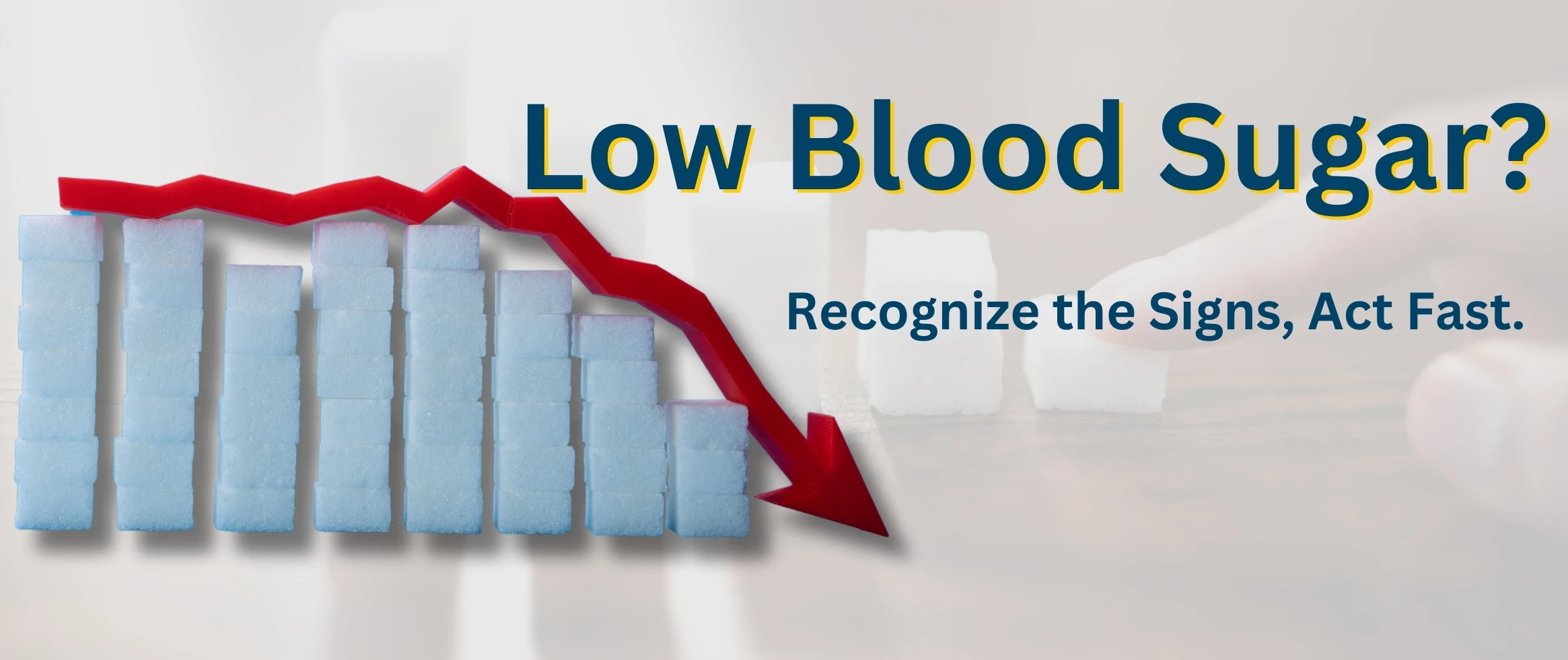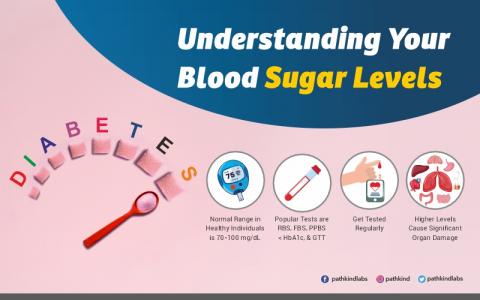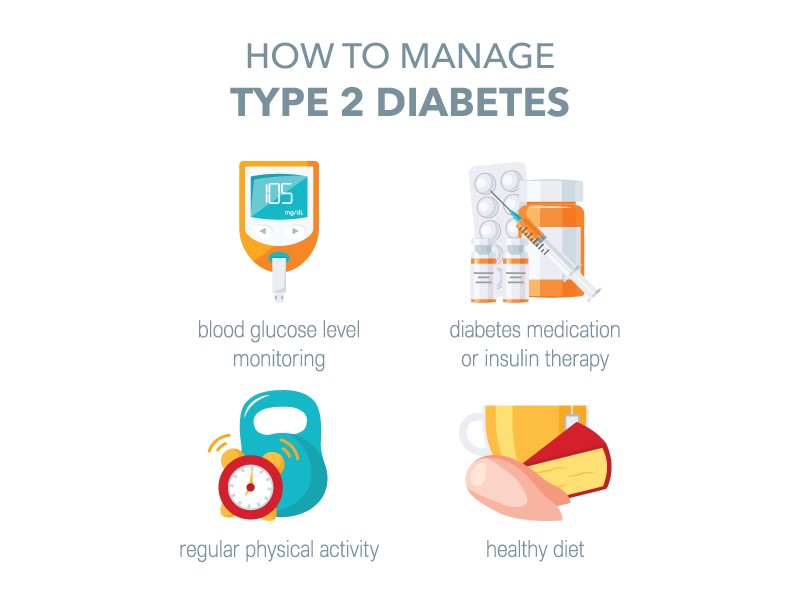Glucose Random Test Overview
Glucose testing is a blood test. Using the results of this test, doctors can assess whether a patient is likely to have diabetes. To determine whether your blood sugar levels are within a healthy range, a blood glucose test is utilized. It is frequently used to support diabetes diagnosis and management.
Glucose Random Test Overview
Glucose testing is a blood test. Using the results of this test, doctors can assess whether a patient is likely to have diabetes. To determine whether your blood sugar levels are within a healthy range, a blood glucose test is utilized. It is frequently used to support diabetes diagnosis and management.
What's glucose random testing?
A person's blood glucose levels are measured randomly throughout the course of the day. Blood glucose is known as blood sugar. It is beneficial for patients who need a quick diagnosis, such as those with type1 diabetes who urgently want more insulin.
Glucose: What is it and what does it do?
Glucose is a primary source of energy for the majority of the body's cells, including brain cells. Glucose is a carbohydrate building block. Fruit, cereal, bread, pasta, and rice all include carbohydrates. In your body, carbohydrates are swiftly converted into glucose. This has the potential to boost your blood glucose level. Hormones produced by the body aid in the regulation of blood glucose levels. When you eat, it immediately begins working to digest glucose and other carbohydrates. The pancreas then helps enzymes break them down. According to 2021 research Trusted Source, the pancreas, which produces hormones such as insulin, is critical to how your body handles glucose. When you eat, your body signals the pancreas to release insulin to control your rising blood sugar level. Muscle, fat, and other cells then utilize glucose for energy or store it as fat for later use.
What glucose random test diagnose?
A person with type 1 diabetes produces no insulin because their body no longer produces insulin. Type 2 diabetes occurs when the body either does not create enough insulin or does not respond correctly to it. When a person fails to produce insulin correctly, glucose accumulates in the blood. Random glucose testing is one method of determining blood glucose levels. This test can be performed by doctors at any time of day.
When should you get random glucose testing?
Any time is suitable for random glucose testing. To maintain their health, diabetic patients must periodically check their blood glucose levels. If these symptoms exist, a random glucose test should be conducted:
- Disturbed eyesight
- Feeling to eat frequently
- Rapid palpitation
- All of a sudden feeling exhausted
- Sick to my stomach
Moreover, there are additional signs of diabetes
- Losing weight
- Constantly thirsty and urinating a lot
- Fatigue
- Slow wound healing
- Confusion or a deviation from your usual speech or behaviour
Developing type 2 diabetes
- Obesity or overweight
- Family history of diabetes
- Experiencing high blood pressure
- Have a history of heart disease or a stroke
- Inactiveness
- Pregnancy diabetes
How is a glucose random test performed?
The doctor would often request a follow-up test to confirm the diagnosis if the results show that the patient's glucose levels are higher than predicted. This may consist of:
- Fasting glucose: This test measures a person's blood glucose levels after they haven't eaten or drunk anything for eight hours. This examination is typically done by a doctor in the morning before breakfast.
Procedure:
o Typically, the test is conducted in the morning.
o To sterilize the area where blood will be extracted, the doctor will scrub the elbow and upper arm with 70% alcohol.
o To start the enlargement of the vessels, an elastic band will be placed above the arm.
o Depending on the amount of blood needed for the tests, blood is taken into a vial or syringe.
o The needle is then taken out, and the puncture site is covered with a bandage.
o Pathology labs receive the blood for testing.
- Oral glucose tolerance test (OGTT): Diabetics occasionally show normal results in random or fasting glucose testing while still having the disease. An OGTT may be advised if a doctor still has diabetes-related concerns. Additionally, a person must fast for eight hours before the test. The person ingests a glucose-containing beverage after providing a preliminary blood sample. Over the next two hours, the doctor draws additional blood samples hourly. It detects:
- Prediabetes
- Pregnancy diabetes
- Insulin sensitivity
Procedure for Type 2 Diabetes
- Before the test, the patient must fast for at least eight hours.
- The patient is then instructed to consume 100 grams of sugar in 237 mL of a glucose solution.
- A blood glucose test is then performed two hours later to evaluate the body's capacity to absorb sugar.




 NABL approved
NABL approved  Most Trusted by
Most Trusted by  Accuracy &
Accuracy &  Widest Range
Widest Range 























